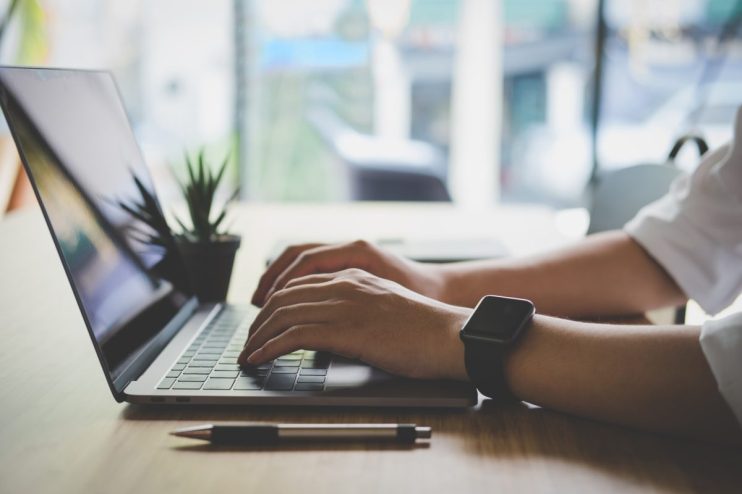Sustainability for Businesses is a Moving Target

Achieving more sustainable business practices is not a static process. In the past, sustainability was often seen as a matter of reducing environmental impact. Businesses would focus on cutting back on waste, using energy-efficient equipment, and recycling materials.
However, in recent years, the definition of sustainability and its interconnected nature has broadened to include social and economic factors. Businesses are now also being held accountable for their impact on workers, communities, and the global economy, not just the environment.
As the climate crisis worsens, demand from consumers for more sustainable products and services increases, and growing regulatory requirements puts press on a larger pool of businesses to disclose their impact, businesses face a new challenge – how to be sustainable in a world that is constantly changing?
“We see a business’ sustainability strategy and growth as an ongoing and continuous process, rather than one that reaches a threshold and then is forgotten about for a number of years,” reveals FuturePlus co-founder Alex Smith.
That ethos is just one of the reasons behind the FuturePlus platform’s constant evolution and development, which keeps organisations up to date as progress is made in technology, sustainability research and risk analysis by continually adding new sustainability measurement indicators to the platform.
“We’ve developed a dynamic solution that goes beyond traditional ESG reporting,” continues Alex, “We periodically update the FuturePlus assessment with new and amended questions to reflect the most critical areas of sustainability innovation and development. This is vital in order to allow businesses we work with the opportunity to constantly evolve and improve their actions and ambitions in the fast-changing world we live in today.”
The FuturePlus question set is the product of extensive research into around 4,500 globally used indicators from different standards. These include the United Nations’ Sustainable Development Goals, international standards and regulations, commercially available metrics, the United Nations Global Compact, and many more.
As these standards develop and evolve, and sustainability trends and research continue to evolve, the team behind FuturePlus believe that businesses will need to adapt their ESG (environmental, social and governance) strategies in order to remain competitive. “Those who fail to do so will risk being left behind,” argues Alex.
It’s a view that’s reflected and appreciated by those businesses currently using the FuturePlus platform, including Sarah Mighall, Human Resources Director at Hanson Wade, an organisation that has completed two updates of the question set.
“To have meaningful impact, it is important that any focus on sustainability continues to evolve and challenge the status quo. By updating the question set, we find that FuturePlus continuously raises the bar and advances our efforts with becoming more sustainable as we continue to grow our business.”
FuturePlus is an innovative platform that provides a benchmark sustainability score for where you are now and provides the roadmap and a quantifiable measure of where you want to be in the next three years. A simple way to measure, manage and report your sustainable growth to employees and stakeholders in real-time.
Click here to book a platform demo with a sustainability expert.